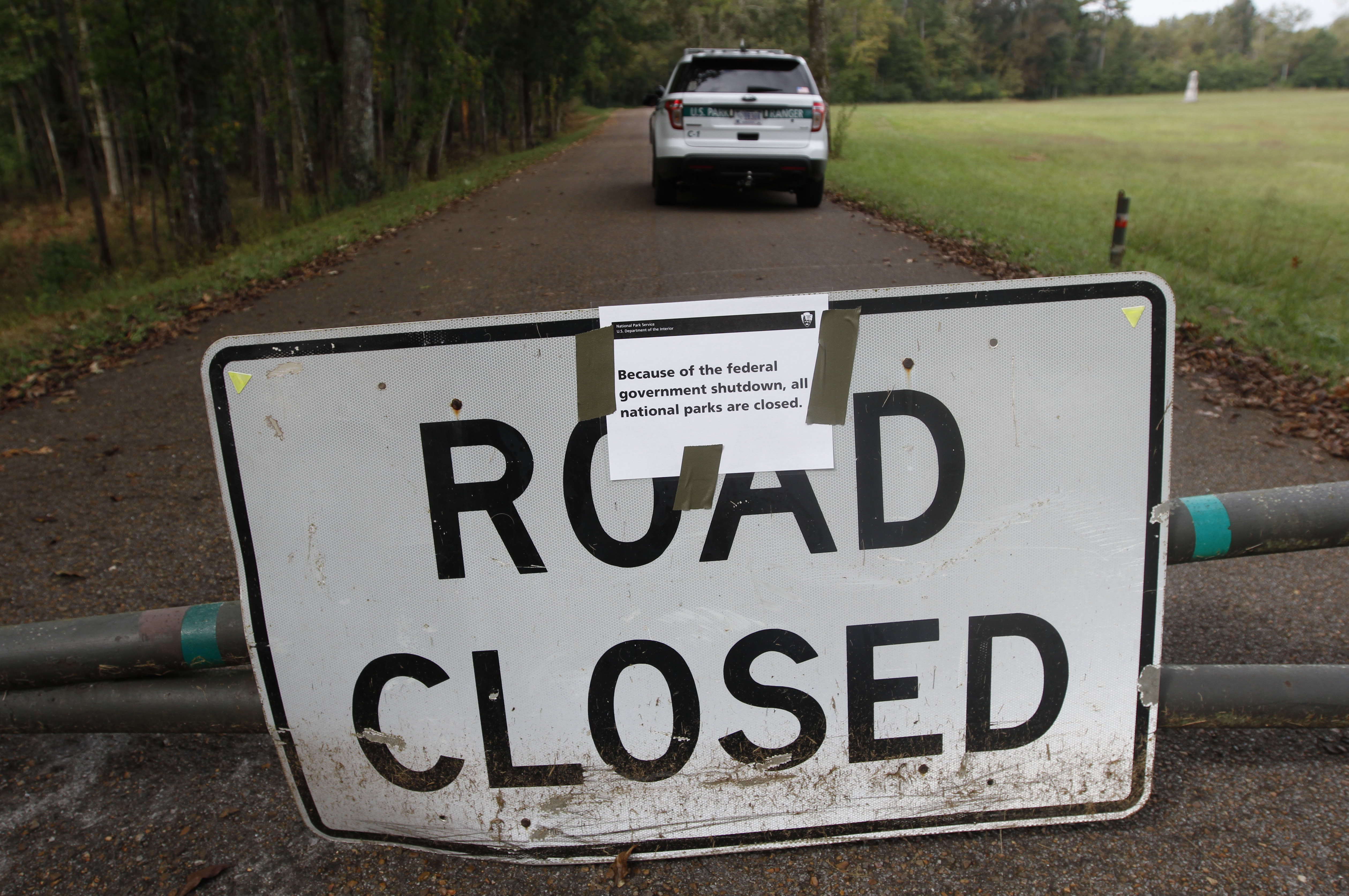Civil War history lives again
With the government shutdown over, we can return to the fun of learning Chattanooga's amazing Civil War history. Next Saturday, Oct. 26, rangers with the reopened Chickamauga and Chattanooga National Military Park will present a 90-minute program on the 150th anniversary of the Battle of Wauhatchie.
This was a rare night battle fought Oct. 28-29, 1863; and it further secured the "Cracker Line," the critical supply line that brought much-needed supplies to the Army of the Cumberland from Stevenson and Bridgeport, Ala.
The special and free program about an often-overlooked piece of the Chattanooga campaign begins at 11 a.m. at the Chattanooga Arboretum and Nature Center parking lot. Cars will then caravan to sites associated with the Wauhatchie Battlefield in Lookout Valley. By the way, the park's website also is back in business with updates at www.nps.gov/chch.
Go learn some history and enjoy your tax dollars at work - really at work.
Nuclear plant violations
In a 12-year look at Nuclear Regulatory Commission oversight of the nation's more than 100 nuclear reactors at 65 power plants, our three Tennessee Valley Authority plants seemed slightly above middle of the pack in the number of minor and not-so-minor safety violations flagged by the NRC.
Sequoyah in Soddy-Daisy, with two reactors, garnered fewer violations than Watts Bar in Spring City, Tenn., with its single operating reactor and second reactor still under construction. Sequoyah had 123 "non-escalated" (minor) violations and two escalated ones in the years 2000 through 2012. In the same period, Watts Bar had 130 minor violations and three not-so-minor.
Browns Ferry Nuclear Plant near Athens, Ala., however, won the prize, despite the fact that Unit 1 of its three reactors was shutdown to address performance and management issues for nearly seven of the 12 years reviewed. Browns Ferry, a nearly twin design of Japan's Fukushima Daiichi plant that was forced into meltdown after an earthquake and tsunami, had 135 minor violations and six not-so-minor violations. The Browns Ferry Unit 1 reactor, which was restarted in 2007, has been red-flagged by NRC for the past three years and remains under the NRC's highest safety-concern level for operating plants. Anything higher requires an NRC-forced shutdown.
Of 65 plants in the country, Browns Ferry's number of escalated violations was exceeded only at 12 plants.
Only 38 percent of Americans now favor promoting the increased use of nuclear power while 58 percent are opposed, according to a September poll by the Pew Research Center. It's the highest level of opposition to promoting nuclear power since the question was first asked in 2005. It's not hard to see why.
Commissioners OK transparency
Kudos to the Hamilton County Commission, and especially to Commissioner Marty Haynes. With his push, commissioners unanimously voted this week to make public how they spend a combined $900,000 in budgeted discretionary funds.
It should go without saying that expenditures of public money should be public knowledge, but for years, each county commissioner has been allocated $100,000 a year to spend on schools, government projects or nonprofit organizations. The elected officials have been allowed to carry that money over from year to year, but how they spent it was not made public unless a commissioner talked about it in a meeting or interview.
Haynes campaigned that he would make the practice transparent. Now, with this week's vote, the expenditures and carryovers will be posted online, and quarterly reports also will be available on paper.
Good job!

